Queer voices: Why Winnipeg's LGBT clubs, events and safe spaces matter even more after Orlando
Queer performers, club owners talk safety in Winnipeg clubs after Orlando tragedy
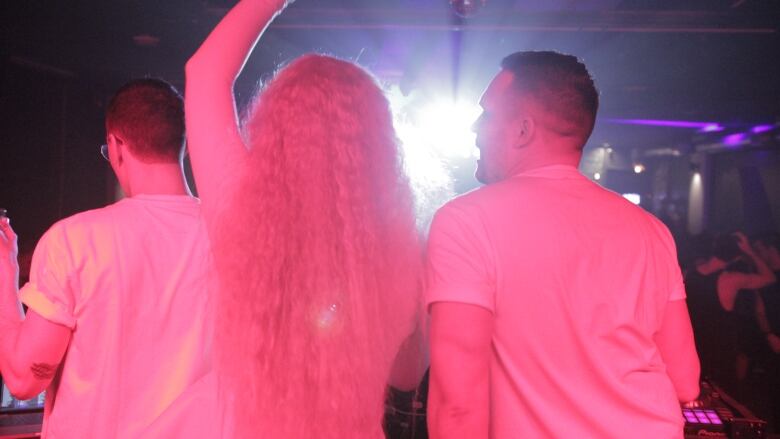
Why are safe spaces in Winnipeg's bars, clubs and restaurants so important to the LGBT community? We talked to performers, event planners, club owners and activists about why LGBT-specific bars and events are so critical to the community. This is what they had to say.
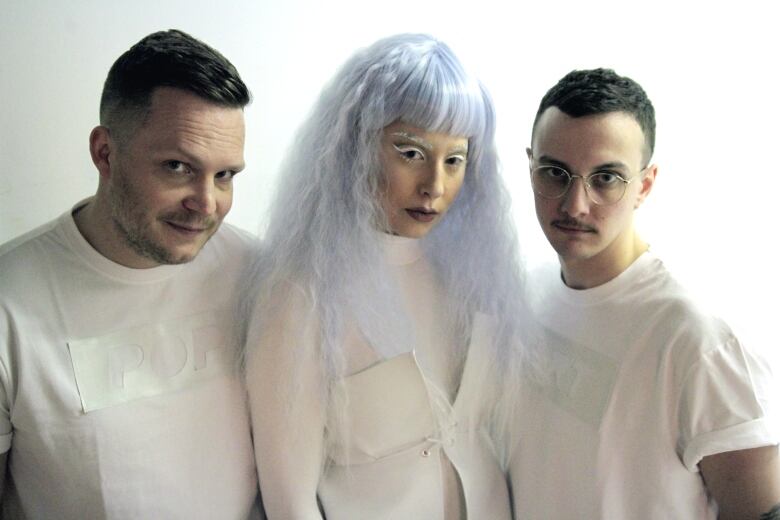
Andrew ChipmanDJ with Pop Tart and MEDIAFIRE
Andrew Chipman is part of the queer DJ collective Pop Tart and MEDIAFIRE, a club culture brandthat puts on inclusive events. Chipmanplays at and organizes events for the LGBT community at clubs across the city.
"It might be hard to understand that a club or somewhere where you're drinking might [be a safe space] but ... this is a place where you can be yourself and no one looks twice and it might be one of the only places around that you feel like you can be yourself outside of your home ... For some people that is their first introduction to their community. It's their first place they've felt comfortable being themselves, being with a partner, even dancing with a partner or kissing a partner in a public place, and it's safe and it's comfortable. There's something very important about that."
"Some people may have the idea that it's not very necessary, but with that you have to sort of think about the privilege that some people have ... When you start to think about women, people of colour, queer people, where even walking down the street can be a challenge sometimes where you're holding your partner's hand and you're looking over your shoulder because you don't know who might see you. It's a very immeasurable thing for people who don't experience that, but when that's your reality, it's sort of a given that you need to create these spaces because they don't exist. Seeing them pop up in the community and seeing people acknowledge that that is the reality of everyday, I think that's really important. I think, for a community, that's essential."
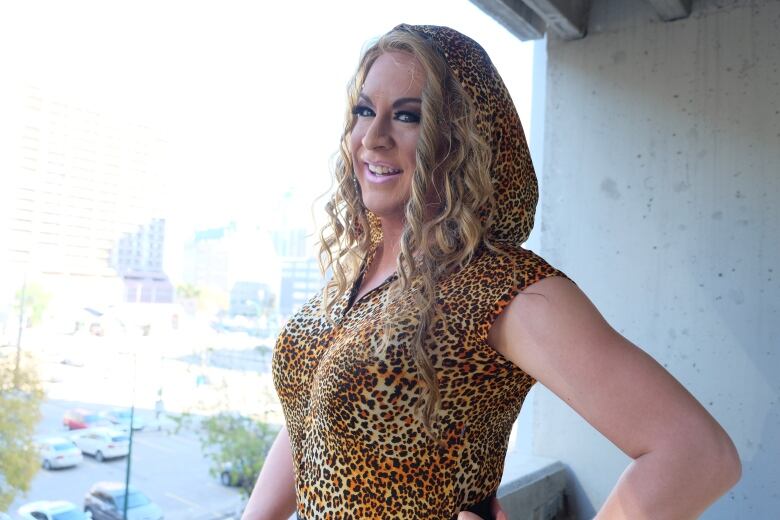
Dar LepinePerformer Breyanna Burlesque
Dar Lepine is the headlining performer at Club 200. Lepine's stage name is Breyanna Burlesque.
"This tragedy is a good example of why events like Pride and places like Club 200 are important for society and the gay community. We need a place to go and be ourselves and stand up for equal rights and the protection of people whether they're gay, straight, whatever. Anywhere you go there's always a chance that you might end up in the wrong place at the wrong time and that has happened to me in the past ... To be scared to venture out of your home is just a sad existence, and people need to be able to feel safe no matter where they go. Especially for people who have a tough time coming out because of their upbringing and whatnot, places like the Rainbow Resource Centre, Club 200 and Fame are places they may need to reach out for."
"Myself being a small, little farm boy I was very naive and very guarded when I first came out. Club 200 was actually the first gay bar I ever had gone to, and to be the headliner today I've always felt safe there. I've always felt safe at the Rainbow Resource Centre and at Fame. They just provide that safe spot for a person who may never have met a gay person or known a gay person growing up like myselfand the opportunity to be part of a community."
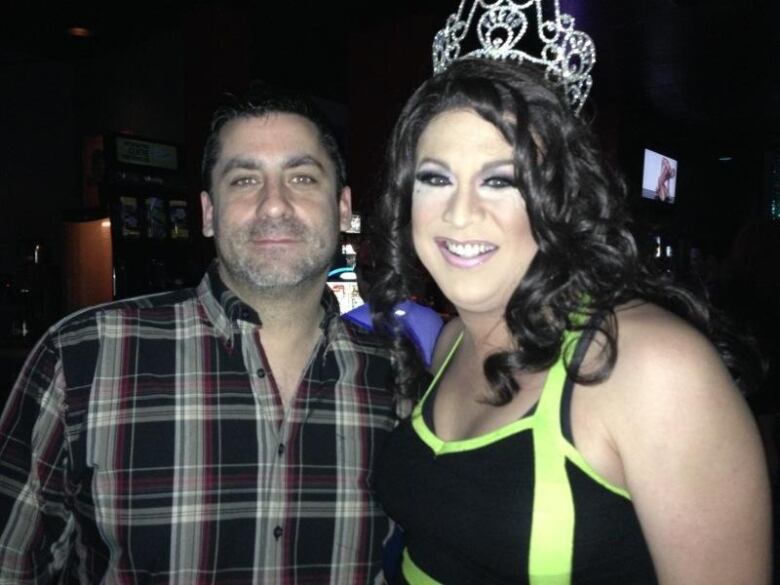
AllenMorrison Owner of Club 200
AllenMorrisonowns Club 200, anLGBTclub in Winnipeg's downtown core. Club 200 opened 28 years ago, andMorrisonfirst started working there in1992.
"At one time, it was the only place to safely meet like-minded people if you wereagay manback in the '70s and '80s. Hate and bigotry didn't start yesterday with that shooting in Orlando. It's been going on for an awfully long time. I think a lot of people back in the day felt that they needed a space of their own where they could feel safe being who they are holding their boyfriend's hand or their girlfriend's hand,kissing in public, dancing in public. I think yesterday in Orlando kind of proved that the spaces are still needed today because there's still a lot of hate out there."
"I think everyone wants to feel safe and included. We've always tried to provide that. In Winnipeg's gay communityanyways, there's only two bars. We get so many regulars. On a really busy night, probably 80 per cent of the people in the bar are known to the staff ... I think the need for gay-specific safe spaces has probably shrank in the last few years as we're more and more accepted in mainstream society. There's maybe not as strong a need as there was, and I think that's reflected in the amount of spaces that we have. When I first started working at the club, there were five gay bars in Winnipeg, and all five were doing well ... The bars aren't the end-allbe-all of safe spaces either. The gay community is huge and not all of them go to the bars."
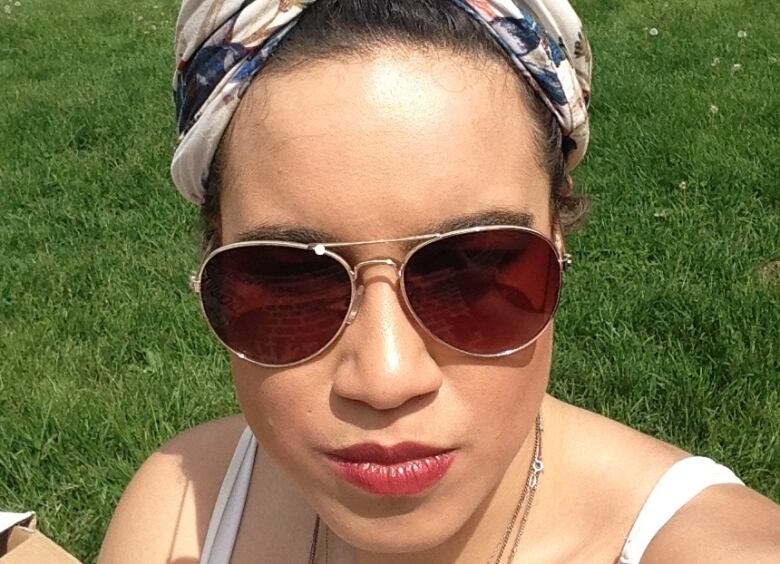
Alexa Potashnik Outreach repwith Queer People of Colour Winnipeg
Alexa Potashnik co-ordinates outreach and plans events for Queer People of Colour Winnipeg. The group has been offering safe spaces and events for people of colour in the LGBT community for the past two years.
"My first QPOC event was an open mic ... and I can't really put it into words. there's something really powerful about being around people you identify with and feeling like you don't have to tip-toe around certain subjects or make the privileged majority feel uncomfortable about their whiteness. It's just been raw, organic and open with people who understand sexism and racism."
"If society was a safe space as a whole, we wouldn't need these pockets of safe space ... There's the LGBTTQ community, and then there's queer people of colour. Yes, there's Rainbow Resource and Pride festival and everything, but within those spaces, LGBT spaces, it's still very white, CIS-gendered, male dominating and that's why QPOC offers spaces and events that cater to marginalized communities within marginalized communities."
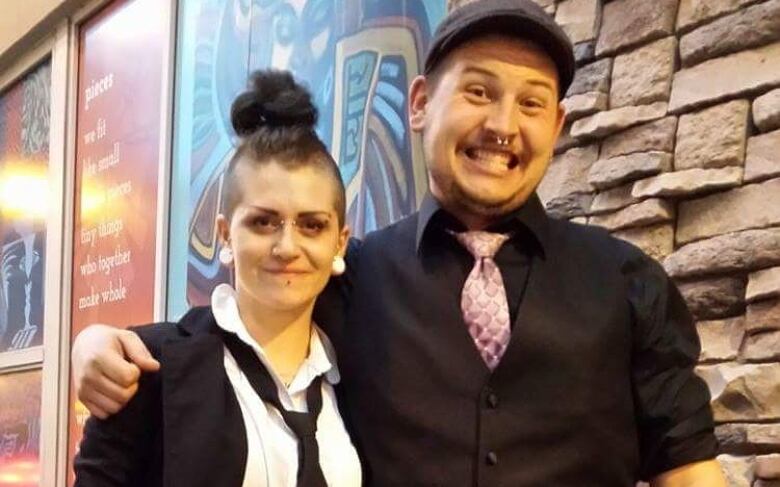
Ashley Meilleur Owner of Planit Restaurant and Lounge
Ashley Meilleur co-owns Planit on Portage Avenue, a gender-fluid safe space for the queer community with gender-neutral washrooms and an anti-discrimination policy.
"I think Winnipeg needed a space like this. We have great bars in the city that operate in a queer-friendly space, but we don't have restaurants that, at that time, that were openly gay and welcoming. It was a lot of reasons that I opened this. This isn't my first business. It probably won't be my last. I saw the space and the need for it downtown."
"I thought we were past a lot of this stuff. This is 2016, there's more rights for us in the community, and people are starting to accept it a lot more. You're seeing more gender-neutral washrooms pop up. I thought we were really past this point, but unfortunately, in the community and I'm talking general community there always has to be someone or a group that needs to hold onto hate and for what reason I don't understand ... Even over Pride, sitting outside, we had a queer prom. So everybody's outside there's some individuals in drag and we're just having a drink on the patio, having a cigarette, and people [were] driving by on their bikes, calling us names and throwing things at us. It still persists to this day, and it makes me sick. That just happened a couple of weeks ago."
Read more:












_(720p).jpg)


 OFFICIAL HD MUSIC VIDEO.jpg)
.jpg)



























































































